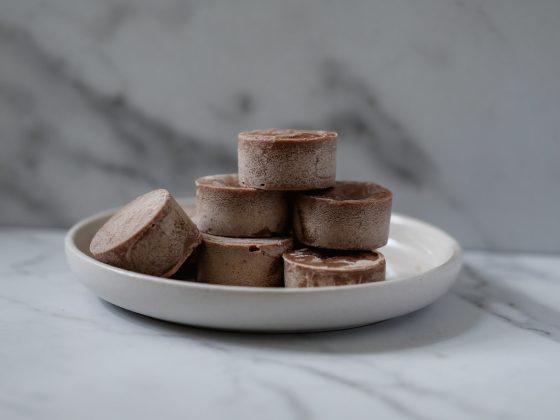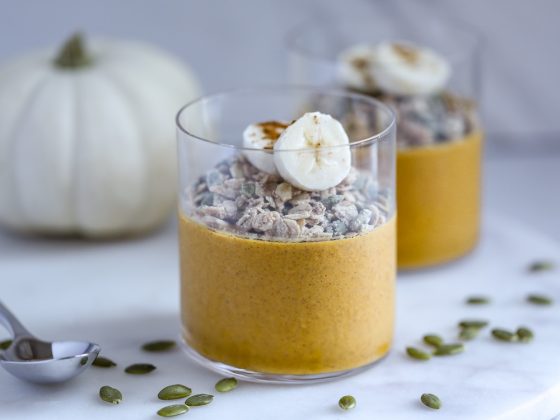If you’ve been working on a health plan or trying to cut less healthy foods from your diet, you may already be trimming down your sugar consumption, or your alcohol intake. But what about sugar alcohols? Are you keeping an eye out for these tricky sugar alternatives?
What are sugar alcohols?
While they are derived from sugars, they are not the same. Sugar alcohols are, as the name implies, almost a chemical blend between sugar molecules and alcohol molecules (without any ethanol, so no chance of making you drunk). They’ve become popular as sugar alternatives, since they have fewer calories and therefore are often touted as great diet options. In truth, their best use might be for those who are diabetic or have metabolic syndrome and need to shy away from sugary foods.
The easiest way to spot these ingredients is to look out for their typical ending patterns. Most sugar alcohol names end in -ol or -ose. Among the most popular (you may have heard of these) are xylitol, sorbitol, erythritol, and sucralose.
Why are they problematic?
While these ingredients are praised by many for being low calorie replacements that still taste sweet like sugar, there are some potential issues they can also cause in other facets of your health, so it’s best to be aware of what these little compounds can do.
While there are some side effects to decreasing sugar consumption and even replacing with these sugar alcohol replacements, you may notice an effect on your digestive health, particularly if using them regularly or in large quantities.
Most sugar alcohols can’t be digested like normal sugar can, so instead they travel straight to the “large intestine where they are metabolized by your gut bacteria,” according to Healthline. The result can be a variety of digestive maladies, including gas, bloating, and diarrhea. But even worse, for people with IBS or pre-existing digestive issues, these reactions can be worsened, so people with these conditions should avoid sugar alcohol entirely.
What contains sugar alcohols?
You’ll find sugar alcohols in many common products and foods, some you probably already eat and don’t even realize. Xylitol is the most common and well-studied (and also the least problematic from a health perspective). It’s found in things like sugar-free gum, mints, and toothpaste (a lot of these ingredients create a cooling sensation, which is why they work so well for these products without causing cavities). Slightly more problematic are artificial sweeteners like Stevia and Truvia, which if used in large quantities can cause the digestive concerns mentioned above.
But they’re more common than you think. Any product at the store that’s labeled “sugar free” or “lower in sugar” is likely to have a sugar alcohol replacement. Food labeling standards allow food manufacturers to get away with this. Just check the label for one of those ingredients and you’re bound to spot one!










